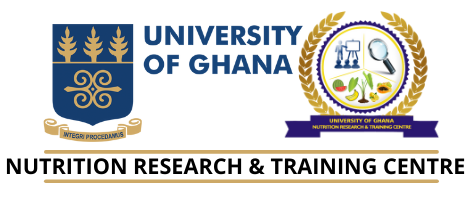Amadou K. Waïgalo
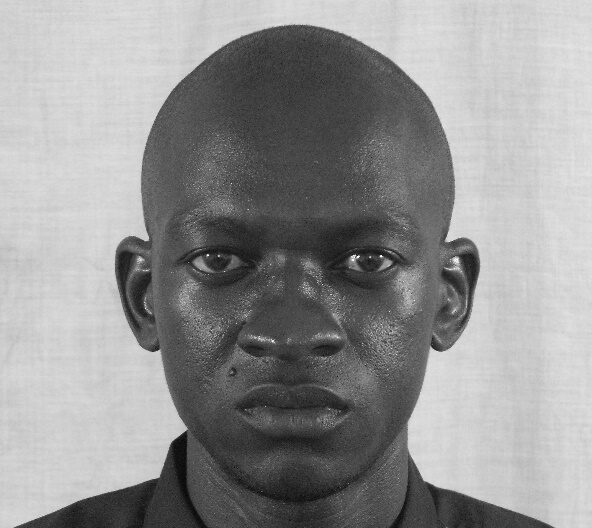
Dr. Amadou K. dit Amobo Waïgalo holds a Doctorate in Agricultural Economics from the Higher Institute of Training and Applied Research of Bamako, Mali. He is a lecturer and Head of the Department of Teaching and Research in Agribusiness, Water, Environment, and Renewable Energy. He holds a Master’s degree in Agricultural Economics from the University Thomas Sankara (Ex, University of Ouga 2), Burkina Faso. His research focuses more on food security in the Sahel countries affected by armed conflicts, climate change, environmental economics and natural resources management, and production and consumption decisions.
Wilfried Tossu
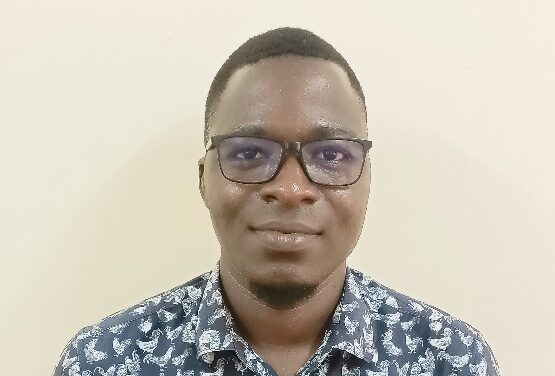
Wilfried Mahounakpon TOSSOU is a PhD candidate at the University of Parakou (Benin) and the University of Göttingen (Germany). Wilfried holds a master’s degree in human nutrition and food security from the University of Abomey-Calavi (Benin). By collaborating with institutions such as Care Benin/Togo, the World Food Program (WFP), the Institute of Research and Development (IRD), and the National Food and Nutrition Council (CAN), he participated in research works to improve the nutritional status of people in communities, particularly children under 5 years old, school-age children and women of childbearing age. His various training and experiences have enabled him to acquire the skills necessary to understand in depth the relationships between agriculture, food systems, and nutrition. He also has skills in designing programs for nutrition-sensitive agriculture and food systems, analyzing the nutritional situation of populations, dietary consultation, and collection and analysis of food consumption data.
Agbemavor Korsi Fiagbe
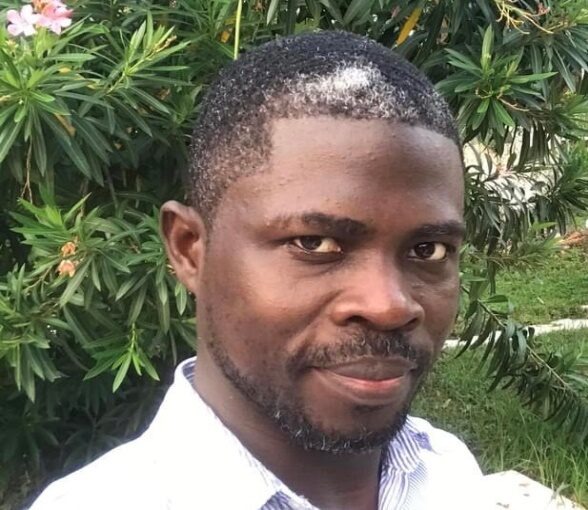
Agbemavor Korsi Fiagbe is a PhD candidate at the Department of Economics, University of Ghana under the supervision of Prof. Eric Osei-Assibey (Dean, International Programmes), Prof. William Baah-Boateng (Head, Department of Economics) and Dr. Wassiuw Abdul Rahaman (Lecturer) all at the University of Ghana. His doctoral research explores the nexus between fiscal decentralization and local development in Ghana. The thesis examines the linkage among grants, local revenue, and poverty in Ghana. Korsi has an MPhil in Economics and a Bachelor of Arts in Economics with Philosophy from the University of Ghana. He also has certificates in Inclusive Growth and Fiscal Policy, and Energy Subsidy Reform from the International Monetary Fund (IMF) Institute. He has gained rich experience in local community development by working with agencies in Ghana to provide sustainable sources of water, good sanitation, and efficiency in the production of potable water for local communities. His research areas include natural resources and environment, poverty and inequality, health economics, and inclusive growth. For him, QES-WA provides a valuable opportunity to meet researchers in the field of health and community development from academic and non-academic organizations that would expose him to interdisciplinary research. As a QES Scholar, he will have the opportunity to participate actively in community engagement with farmer-based organizations and rural farmers to understand development challenges from the perspective of the local indigenes.
Lilian Kabukuor Manor
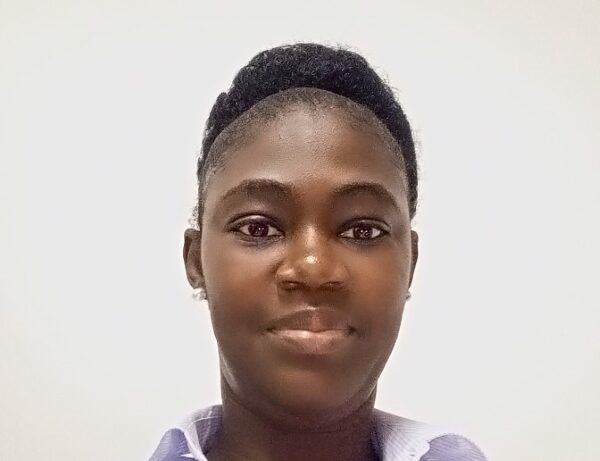
Lilian Kabukuor Manor is a third-year PhD candidate at the University of Ghana, in the Department of Nutrition and Food Science. Her doctoral research focuses on food security among female smallholder farmers in the Ajumako Enyan Essiam District of Ghana. Lilian has previously worked in diverse roles, in the areas of health, nutrition, research, and administration. She is currently a Scientific Officer at the Ghana Standards Authority in the Codex Alimentarius Contact Point Office. She is the current secretary to the Codex Committee on Nutrition and Foods for Special Dietary Uses (CCNFSDU) in Ghana. She is also a member of a UNICEF Ad hoc committee of Expert Group consultation on the development of draft norms on commercial complementary foods for their use in West Africa. Lilian has a BSc. in Nutrition and Food Science from the University of Ghana, an MBA from the Paris Graduate School of Management, and a Master of Applied Health Research from the University of New Brunswick, Canada. She is expected to graduate in August 2025 with a PhD in Nutrition. After graduation, she plans on starting a new chapter of her career in agripreneurship. She is keen to continue working with women in agriculture to help them build capacity.
Vincent Adocta Awuuh
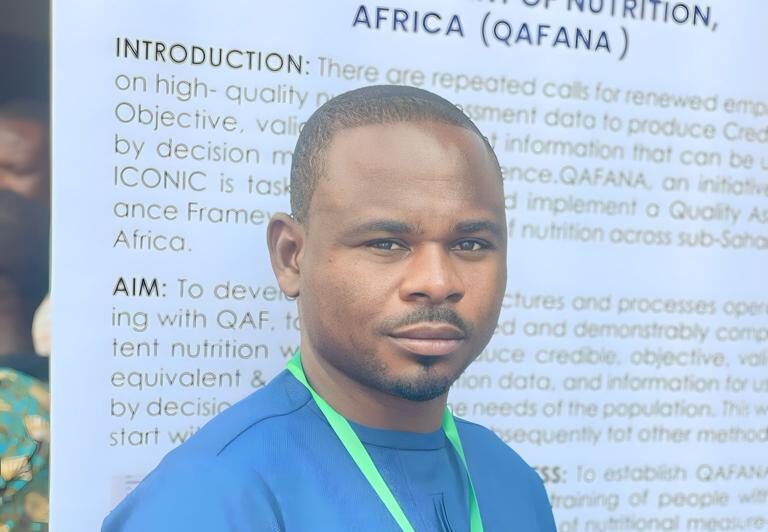
Vincent Adocta Awuuh has a Bachelor of Science in Community Nutrition from the University of Development Studies in Tamale, Ghana. He holds an MPhil in Human Nutrition from Kwame Nkrumah University of Science and Technology (KNUST), Kumasi, Ghana, and a Master of Arts in Health Education from the University of Cape Coast. He is currently pursuing his Ph.D. in Human Nutrition and Dietetics at KNUST. He is a founding member of the Ghana Academy of Nutrition and Dietetics and Health Tutors Association of Ghana. He is a Senior Tutor and Head of the Allied Health Department at the College of Nursing and Midwifery, Nalerigu. His responsibilities include curriculum development, research coordination, examination oversight, and ensuring the provision of nutritious meals to students. In addition to his work at the College, Vincent has worked as a dietetic intern at the Bolgatanga Regional Hospital, and dietetics clinical rotations at Ridge Hospital, Accra, Korle-Bu, and Tamale Teaching Hospitals. These experiences have honed his skills in dietary counseling and patient care. He has presented research findings at various conferences, emphasizing the importance of community-based nutrition education and its impact on maternal and child nutrition. His dedication extends to advocacy for the utilization of iodized salt and the necessity of exclusive breastfeeding and appropriate complementary feeding for child survival. Vincent’s professional aspiration is to work as a top-tier health researcher in Ghana and Africa. His areas of interest in nutrition research include food systems, personalized nutrition, maternal and child nutrition, and nutrition interventions.
Aïcha TIENDREBEOGO
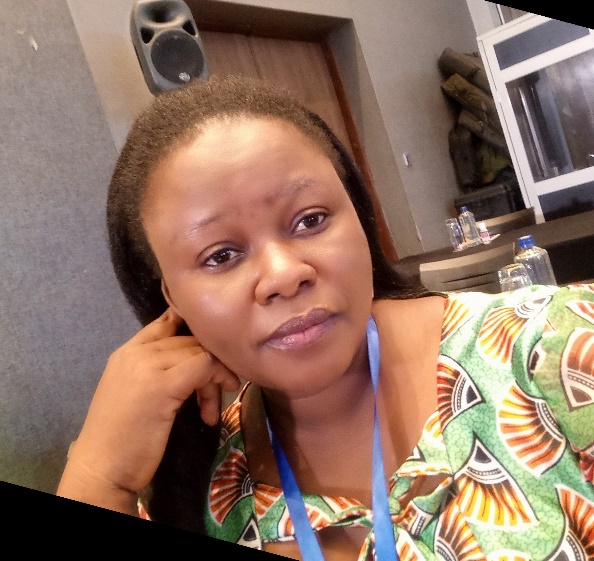
Dr. Aïcha TIENDREBEOGO holds a Doctorate in Applied Economics from Thomas Sankara University. She is currently a lecturer and researcher at the Polytechnic School of Ouagadougou. She participated in an inter-university postgraduate program (PTCI), which brings together eighteen Francophone African countries.She has extensive knowledge of economic research with scientific publications published in peer-reviewed journals. She is a member of the African Economic Research Consortium (AERC). She is particularly interested in the growth/development of the informal economy, climate change, and gender-related inequalities in developing countries.
Adou Sonia Vanessa Epiphanie

Adou Sonia holds a Ph.D. in Applied Economy from the Inter-university Postgraduate Program in economics called “One Hundred Women PhD graduates by 2025 in French-speaking Africa”. She is passionate about food and nutrition security and rural development, including the development of food and agriculture value chains. Her research focused on the contribution of governance, agri-food global value chain, and financial inclusion in the fight against food insecurity in Sub-Saharan Africa. She obtained her master’s degree in Rural Economy at the University Felix Houphouet Boigny (Abidjan), after which she joined the CGIAR’s “Humidtropics” project for the analysis of cassava value chain in Southwest Cote d’Ivoire. In 2022, She participated in the summer school organized by Kiel Institute and the University of Lomé on Agricultural transformation and global value chain in West Africa. In May 2023, she successfully took part in the postgraduate training course “Food Chain in Agriculture” (at the University of Applied Science, Germany) and the TROPENTAG conference in Berlin on the topic “Competing pathways for equitable food systems transformation: trade-offs and synergies”. She is currently working with the German Institute of Development and Sustainability (IDOS) to develop a research proposal on the Agri-food global value chain in Sub-Saharan Africa. She has clearly understood that the success of applied economic research depends on a good understanding of the challenges faced by local populations, hence her commitment to rural communities. She is confident that to achieve food security, the transformation of our food systems is essential with a particular focus on cross-cutting issues such as climate change, biodiversity, and gender inequalities.
Djinta LITAABA-AKILA
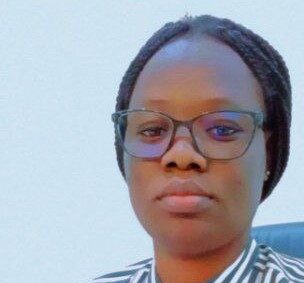
Dr. Djinta LITAABA-AKILA holds a Ph.D. in Economics from University of Lome (UL), Togo. Since 2018, she has been a research assistant at the Center for Research and Training in Economics and Management (CERFEG) in the Faculty of Economics and Management, University of Lome. Djinta’s doctoral research examined the oligopsony power in the coffee and cocoa markets of Togo. She is a recipient of the post-doctoral research award of Agence Universitaire de la Francophonie (AUF) and the Research Training Program for Young Francophone Economists (FORJE) in 2023. As a QEScholar, Djinta hopes to enhance her capacity in community-based research and develop her network with other researchers.
Boateng Bannerman
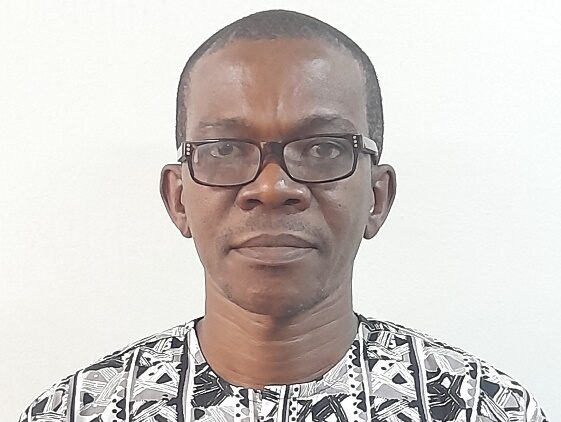
Boateng Bannerman is a doctoral student at the School of Public Health, University Ghana, Legon. He has a Bachelor’s and Master of Science degree in Computer Science. He has worked on various nutrition-related research projects at the University of Ghana and with international and local non-governmental organizations. His skills and competencies span project coordination and several academic software applications. His doctoral research work focuses on developing an electronic food atlas to aid in adolescent dietary assessment in Greater Accra in Ghana. As a graduate research assistant, Boateng is currently engaged in the Nudging for Good Project at the Nutrition Department, Noguchi Memorial Institute for Medical Research. The project focuses on using Artificial Intelligence diagnostics and behaviour change to improve the diets and nutrition of adolescent girls. As a QEScholar, he hopes to gain insight, acquired through meaningful interactions, to enable him to design interventions that resonate with the community and inspire lasting behavioural changes.
